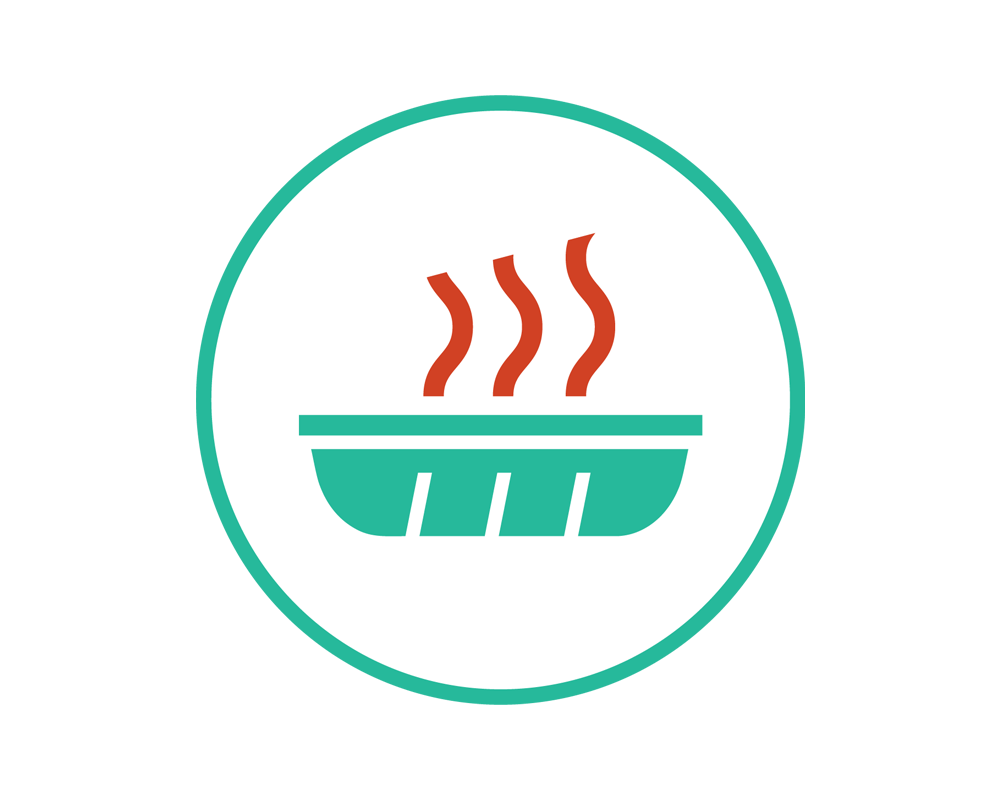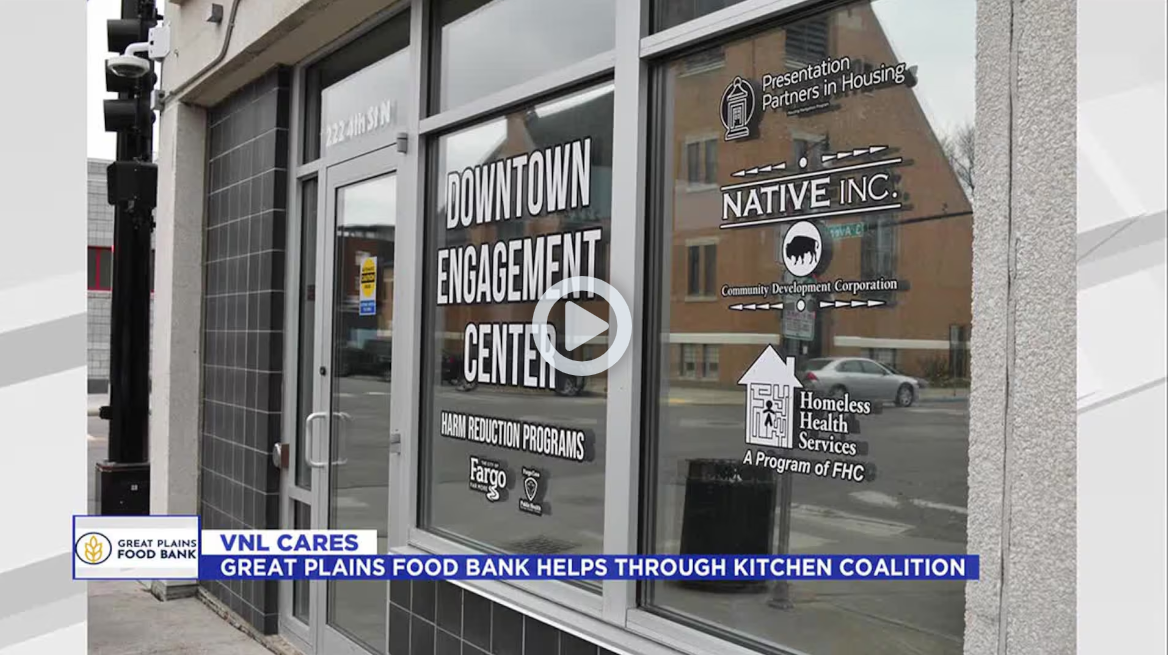
MEALS FOR COMMUNITY BY COMMUNITY
What We Do
Kitchen Coalition serves up culturally connected, freshly prepared meals and a whole new way to fight hunger. We know that not everyone facing hunger has the home, health, or ability to use the groceries food banks offer. So, we’ve built a network of local restaurants and caterers who turn food bank ingredients into nutritious, freshly prepared meals. Then, trusted nonprofits get those meals to neighbors on a predictable schedule.
We harness the power of our food bank network to source meal ingredients
50% of the ingredients our restaurants and caterers use come from the local food bank
We invest in local restaurants and caterers
75+ culinary workers are employed at 20+ partner kitchens
We listen to what our neighbors want
50% of our meals are made by BIPOC-led or owned restaurants and caterers
We distribute meals to our community
25,000 meals every week in partnership with 100+ distribution partners
Our Partners
Types of Partners
Access to a kitchen – Partners such as Community Bridge, InvolveMN, and The Real Minneapolis distribute meals to neighbors experiencing homelessness.
Ability to cook – Brian Coyle Center, Keystone Community Services, and others distribute Kitchen Coalition meals to community members are unable to consistently cook due to mobility issues, illness, or other factors.
Health / Mental Health – Meals are distributed by partners to neighbors going through health challenges and treatment.
Transitional / Supportive Housing – Housing partners distribute meals to residents going through transition; meals are distributed by case workers or weekly in community rooms.
Crisis – Crisis partners, such as domestic violence case workers and local community centers, meet neighbors where they're at, providing meals.
Training / Workforce development – Partners in workforce development and training programs support growth through training and coaching, providing job site lunches, or meals to take home for dinner.
Post-secondary – College food pantries serve students experiencing food insecurity, including unhoused populations, or students providing caregiving.








